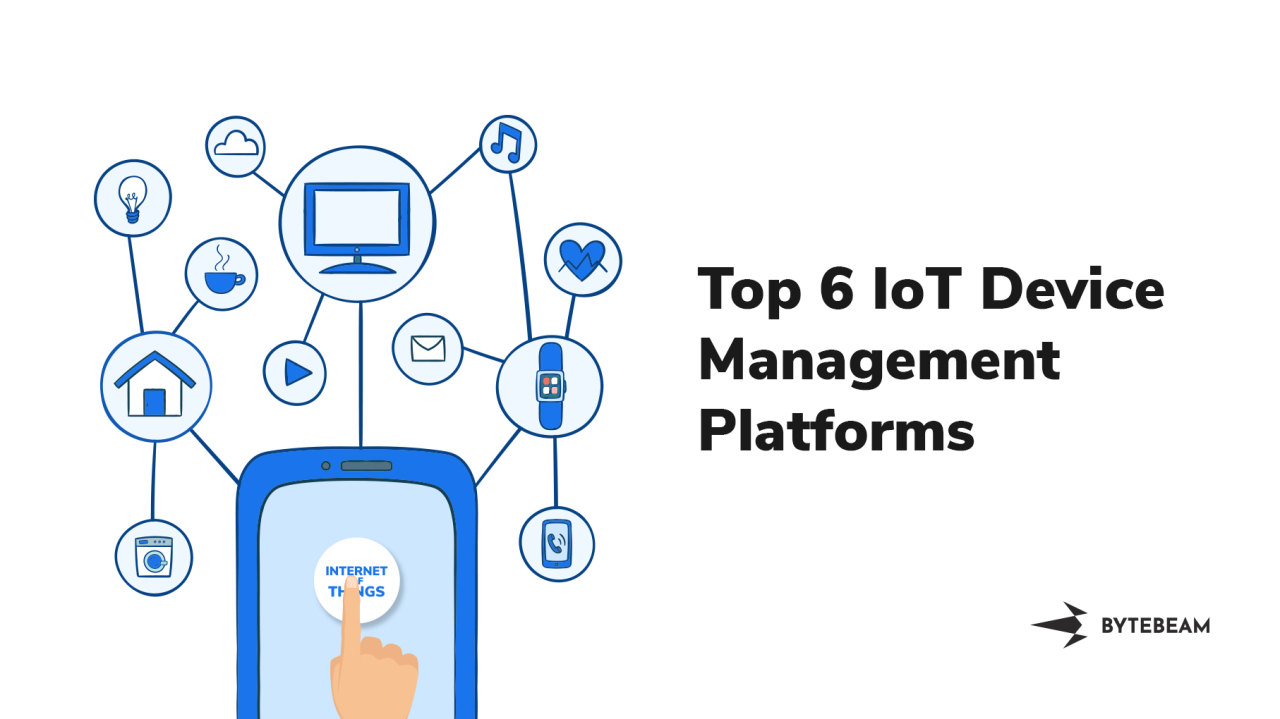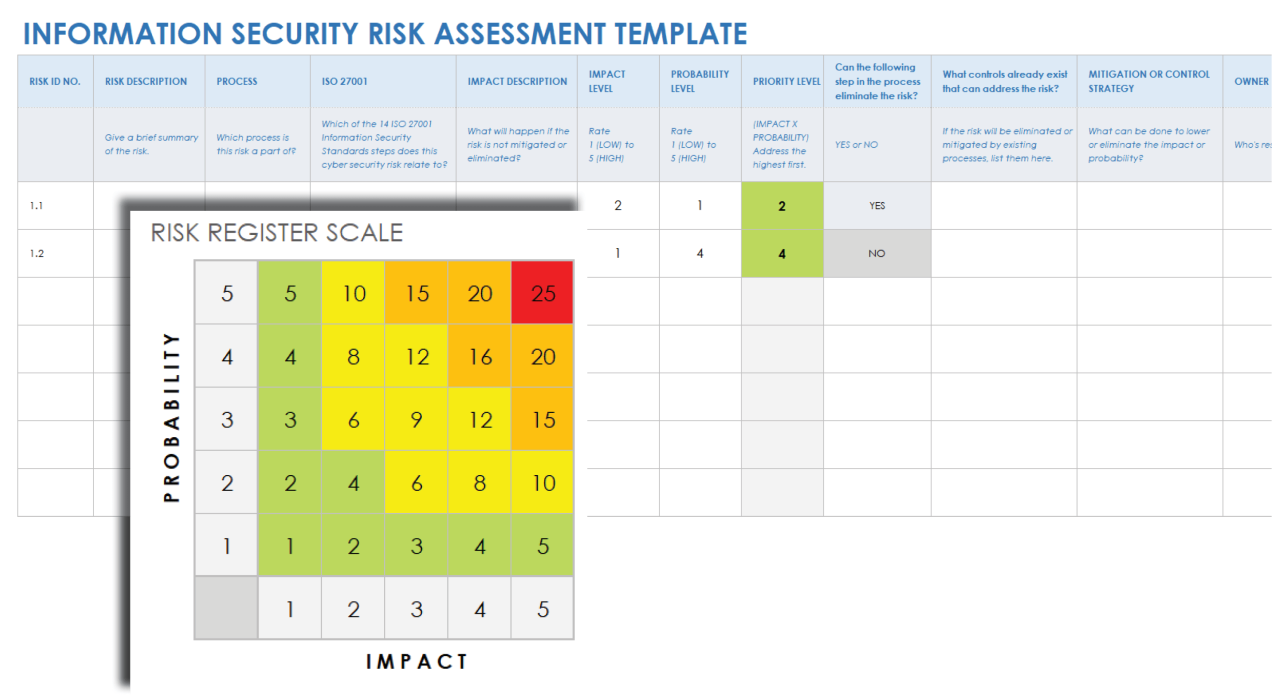Blockchain Smart Contract Development

Embark on a journey into the world of Blockchain smart contract development, where innovation meets security to revolutionize industries and processes. Dive into the realm of smart contracts and discover their transformative potential.
Explore the benefits, tools, best practices, challenges, and more in this comprehensive guide that sheds light on the power of Blockchain smart contract development.
Overview of Blockchain Smart Contract Development
Blockchain smart contracts are self-executing contracts with the terms of the agreement between buyer and seller being directly written into lines of code. These contracts run on the blockchain, ensuring transparency, security, and automation of transactions without the need for intermediaries.
Smart contracts play a crucial role in the blockchain ecosystem by enabling trustless transactions, reducing costs, and eliminating the need for intermediaries. They help in streamlining processes, enhancing security, and ensuring efficiency in various industries.
Importance of Smart Contracts
Smart contracts are essential in industries such as:
- Finance: Smart contracts are commonly used in financial transactions, such as lending, insurance, and trading, to automate processes and reduce the risk of fraud.
- Real Estate: Smart contracts can be used for property transactions, rental agreements, and escrow services, ensuring secure and efficient transactions.
- Supply Chain Management: Smart contracts help in tracking goods, verifying authenticity, and automating payments in supply chain processes.
- Healthcare: Smart contracts can securely store and manage patient data, automate insurance claims, and facilitate secure sharing of medical records.
Benefits of Using Smart Contracts in Blockchain Development

Smart contracts offer numerous advantages that make them a valuable tool in blockchain development. They revolutionize traditional contract processes by automating and digitizing agreements in a secure and efficient manner.
Efficiency and Security
Smart contracts provide a high level of efficiency compared to traditional contracts. They execute automatically once the predefined conditions are met, eliminating the need for intermediaries and reducing the risk of errors or delays. Additionally, smart contracts are tamper-proof and encrypted on the blockchain, ensuring a high level of security and transparency in transactions.
Streamlined Processes
Smart contracts streamline processes by removing the need for manual intervention and paperwork. This not only saves time but also reduces the likelihood of disputes arising from misinterpretation or manipulation of contract terms. By automating tasks and enforcing agreements in a decentralized manner, smart contracts help in optimizing workflows and enhancing overall operational efficiency.
Cost Reduction
One of the key benefits of using smart contracts is cost reduction. By cutting out intermediaries, minimizing human error, and speeding up the contract execution process, smart contracts lead to significant cost savings for businesses. Moreover, the transparency and immutability of blockchain technology ensure that all parties involved have access to the same information, reducing the need for expensive audits and dispute resolution processes.
Tools and Technologies for Blockchain Smart Contract Development

Blockchain smart contract development requires specific tools and technologies to create and deploy smart contracts efficiently. Let’s explore the key components involved in this process.
Popular Programming Languages for Smart Contract Development
- Solidity: Solidity is one of the most widely used programming languages for developing smart contracts on the Ethereum blockchain. It is designed to be similar to JavaScript and is specifically tailored for writing smart contracts.
- Vyper: Vyper is another programming language used for Ethereum smart contract development. It focuses on simplicity and security, making it easier to audit and understand smart contracts.
- Chaincode (Go): Chaincode is the term used for smart contracts on the Hyperledger Fabric blockchain. It is written in Go language and allows developers to define the business logic for their applications.
Blockchain Platforms Supporting Smart Contract Deployment
- Ethereum: Ethereum is one of the most popular blockchain platforms for deploying smart contracts. It provides a robust environment for creating decentralized applications (dApps) using smart contracts.
- Hyperledger Fabric: Hyperledger Fabric is a permissioned blockchain platform that supports smart contracts written in Chaincode (Go). It is suitable for enterprise-level applications requiring scalability and privacy.
- EOSIO: EOSIO is another blockchain platform known for its high throughput and scalability. It allows developers to deploy smart contracts written in C++ for building decentralized applications.
Development Environments and Tools for Smart Contract Creation
- Remix IDE: Remix is a web-based integrated development environment (IDE) that allows developers to write, deploy, and test smart contracts on the Ethereum blockchain. It offers features like real-time debugging and a built-in compiler.
- Truffle Suite: Truffle is a development framework that simplifies the process of building and deploying smart contracts. It provides tools like Truffle Boxes for project templates, testing frameworks, and asset pipelines.
- Ganache: Ganache is a personal blockchain emulator that enables developers to test their smart contracts locally before deploying them on the mainnet. It offers a user-friendly interface for blockchain development.
Best Practices for Developing Secure Smart Contracts
When it comes to developing secure smart contracts on the blockchain, following best practices is crucial to prevent vulnerabilities and ensure the integrity of your code. Here are some guidelines to help you write secure smart contracts and mitigate common vulnerabilities before deployment.
Guidelines for Writing Secure Smart Contracts
- Avoid using complex logic in smart contracts to reduce the risk of bugs and vulnerabilities.
- Implement access control mechanisms to restrict unauthorized access to functions and data.
- Use secure coding practices and follow established standards such as ERC-20 for token contracts.
- Audit your code regularly and seek feedback from experts in the field to identify potential security flaws.
Common Vulnerabilities in Smart Contracts and Mitigation
- Reentrancy: Ensure that external calls are made after updating the contract state to prevent reentrancy attacks.
- Integer Overflow/Underflow: Use safe math libraries to handle arithmetic operations securely and prevent overflows and underflows.
- Unchecked External Calls: Validate inputs and ensure that external calls are made to trusted contracts to avoid unauthorized actions.
Importance of Testing and Auditing Smart Contracts, Blockchain smart contract development
Testing and auditing are essential steps in the development process to identify and fix vulnerabilities in smart contracts. By thoroughly testing the code and conducting security audits, you can ensure that your smart contracts are secure and free from potential exploits before deploying them on the blockchain.
Challenges in Blockchain Smart Contract Development
Developing smart contracts in the blockchain ecosystem comes with its own set of challenges that developers need to overcome. These challenges may range from technical complexities to security vulnerabilities that can impact the efficiency and effectiveness of smart contract applications.
Scalability Issues in Smart Contracts
When it comes to smart contract development, one of the major challenges is scalability. As more transactions are added to the blockchain network, the processing capabilities of smart contracts can be strained, leading to delays in execution and increased costs. This scalability issue becomes even more pronounced in public blockchains with high transaction volumes.
To address scalability challenges, developers can explore solutions such as layer 2 scaling solutions like sidechains or off-chain protocols. These solutions help in processing transactions off the main blockchain, reducing the load on smart contracts and improving their scalability. Additionally, optimizing code and implementing efficient algorithms can also enhance the performance of smart contracts in handling a larger number of transactions.
Security Concerns in Smart Contract Development
Security is a crucial aspect of smart contract development, as any vulnerability in the code can lead to potential exploits and financial losses. One common security concern is the risk of bugs or errors in the smart contract code, which can be exploited by malicious actors to manipulate the contract’s behavior.
To address security concerns, developers should follow best practices such as conducting rigorous code reviews, implementing standardized security frameworks like the OpenZeppelin library, and performing thorough testing using tools like MythX. Moreover, developers should prioritize secure coding practices, such as input validation, avoiding untrusted dependencies, and ensuring proper access control mechanisms are in place.
By addressing scalability issues and security concerns effectively, developers can enhance the robustness and reliability of smart contracts in blockchain development, ensuring the seamless execution of decentralized applications and transactions.
Essential FAQs: Blockchain Smart Contract Development
What are smart contracts?
Smart contracts are self-executing contracts with the terms of the agreement directly written into code. They automatically enforce and facilitate the negotiation of a contract.
How do smart contracts streamline processes?
Smart contracts automate and digitize processes, eliminating the need for intermediaries and reducing the time and costs associated with traditional contract execution.
What are some common vulnerabilities in smart contracts?
Common vulnerabilities include bugs in the code, security loopholes, and potential for exploitation. It’s crucial to follow best practices and conduct thorough testing to mitigate these risks.






